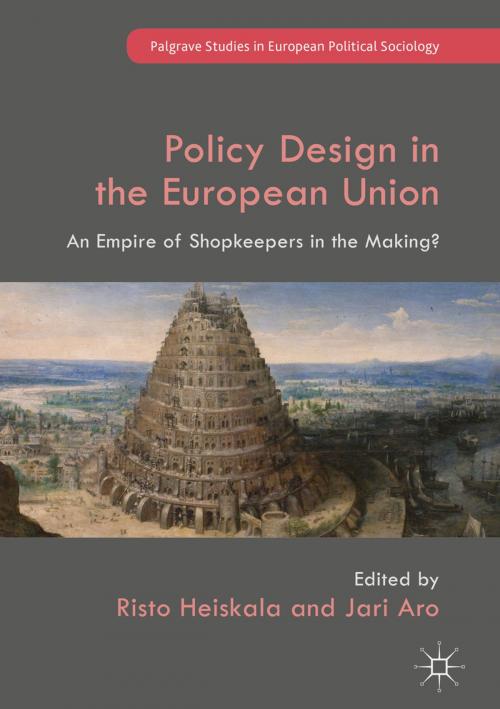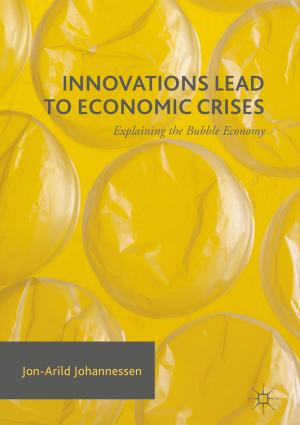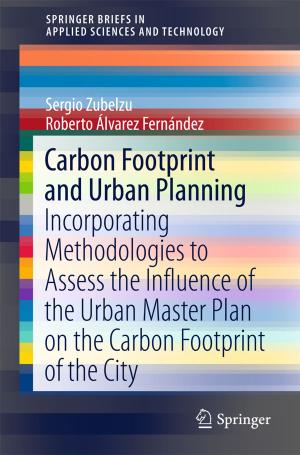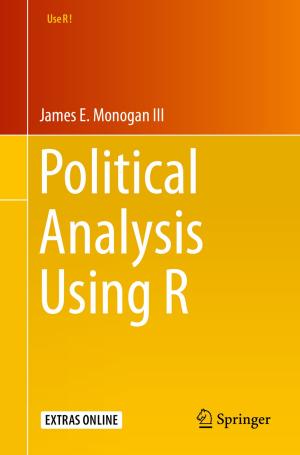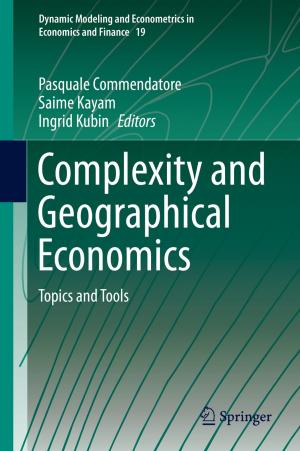Policy Design in the European Union
An Empire of Shopkeepers in the Making?
Nonfiction, Social & Cultural Studies, Political Science, International, Social Science, Sociology| Author: | ISBN: | 9783319648491 | |
| Publisher: | Springer International Publishing | Publication: | January 24, 2018 |
| Imprint: | Palgrave Macmillan | Language: | English |
| Author: | |
| ISBN: | 9783319648491 |
| Publisher: | Springer International Publishing |
| Publication: | January 24, 2018 |
| Imprint: | Palgrave Macmillan |
| Language: | English |
This edited collection addresses a paradox at the heart of the European Union: if it is a constantly enlarging empire of governance, how can almost thirty member states design policies as an administrative whole, whilst narrowly approaching all political issues from one economic point of view? The contributors to this collection approach this by studying knowledge production, policy formation and policy implementation in the union. The topics covered include the history of the union, its nature as an empire in the making compared to historical successors as well as current USA and China, formation of union level statistical data and policy documents, paradoxes of fiscal governance, social innovation policy, youth and education policy, energy policy and foreign policy with particular regard to Russia. The concluding chapter outlines five alternative future scenarios for the union extending from collapse and marginalization to the emergence of a federal empire.
The book is essential reading for anybody interested in the EU, including students and scholars across a range of disciplines, including sociology, political science, international relations, economics, management studies, public and social policy, science and technology studies, and environmental policy.
This edited collection addresses a paradox at the heart of the European Union: if it is a constantly enlarging empire of governance, how can almost thirty member states design policies as an administrative whole, whilst narrowly approaching all political issues from one economic point of view? The contributors to this collection approach this by studying knowledge production, policy formation and policy implementation in the union. The topics covered include the history of the union, its nature as an empire in the making compared to historical successors as well as current USA and China, formation of union level statistical data and policy documents, paradoxes of fiscal governance, social innovation policy, youth and education policy, energy policy and foreign policy with particular regard to Russia. The concluding chapter outlines five alternative future scenarios for the union extending from collapse and marginalization to the emergence of a federal empire.
The book is essential reading for anybody interested in the EU, including students and scholars across a range of disciplines, including sociology, political science, international relations, economics, management studies, public and social policy, science and technology studies, and environmental policy.
